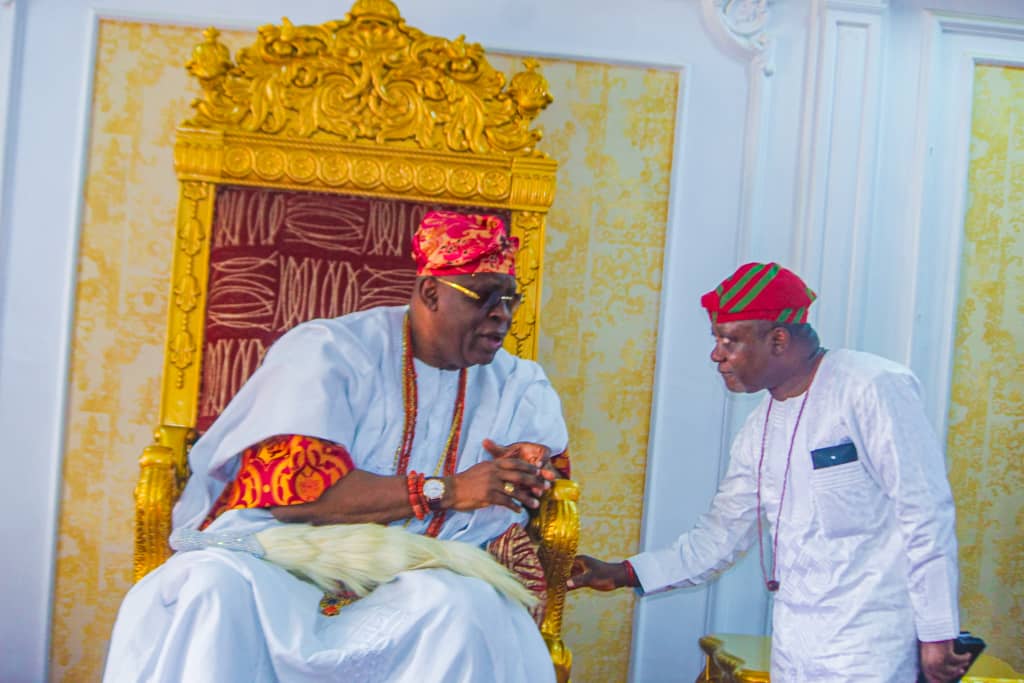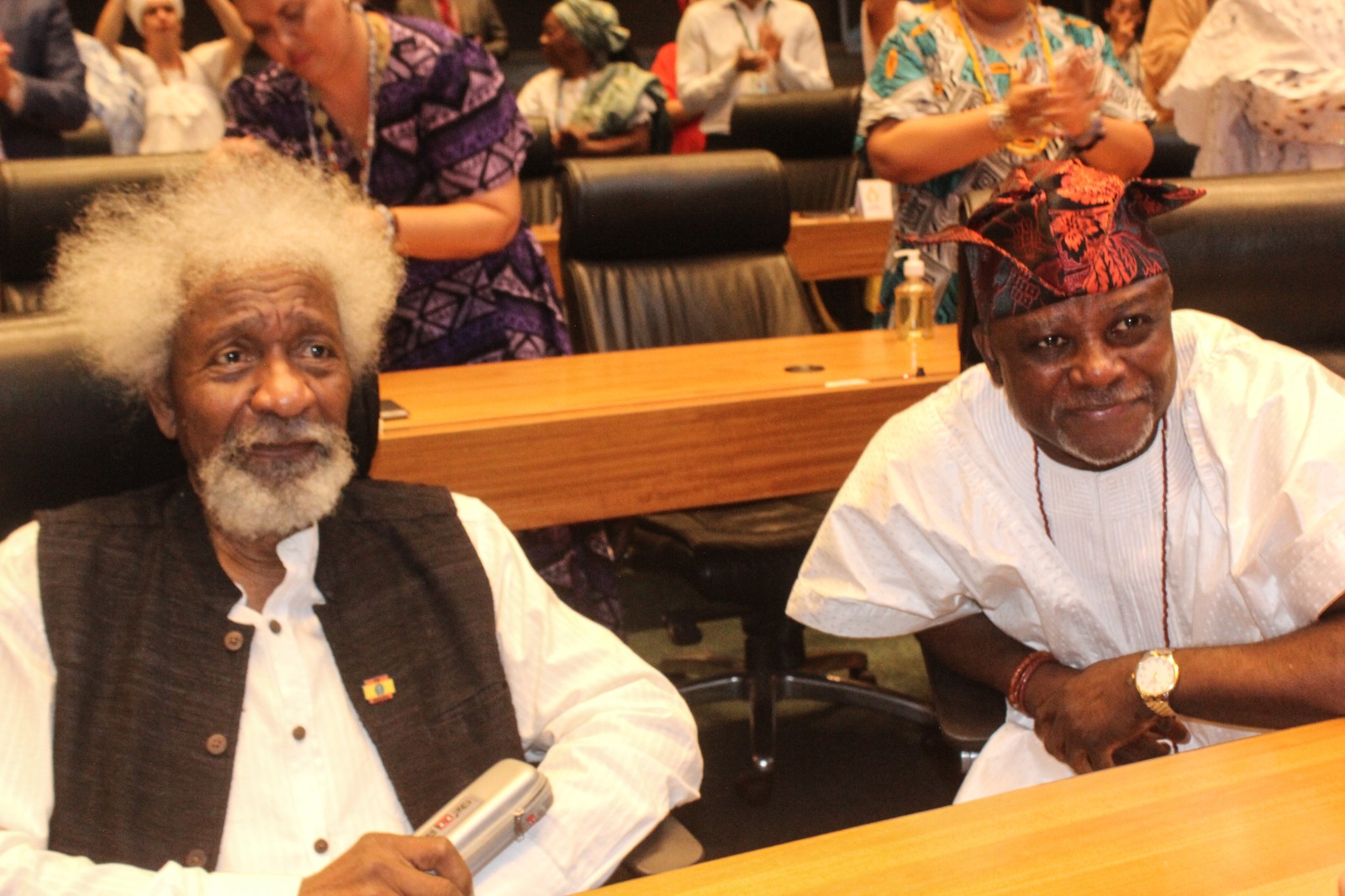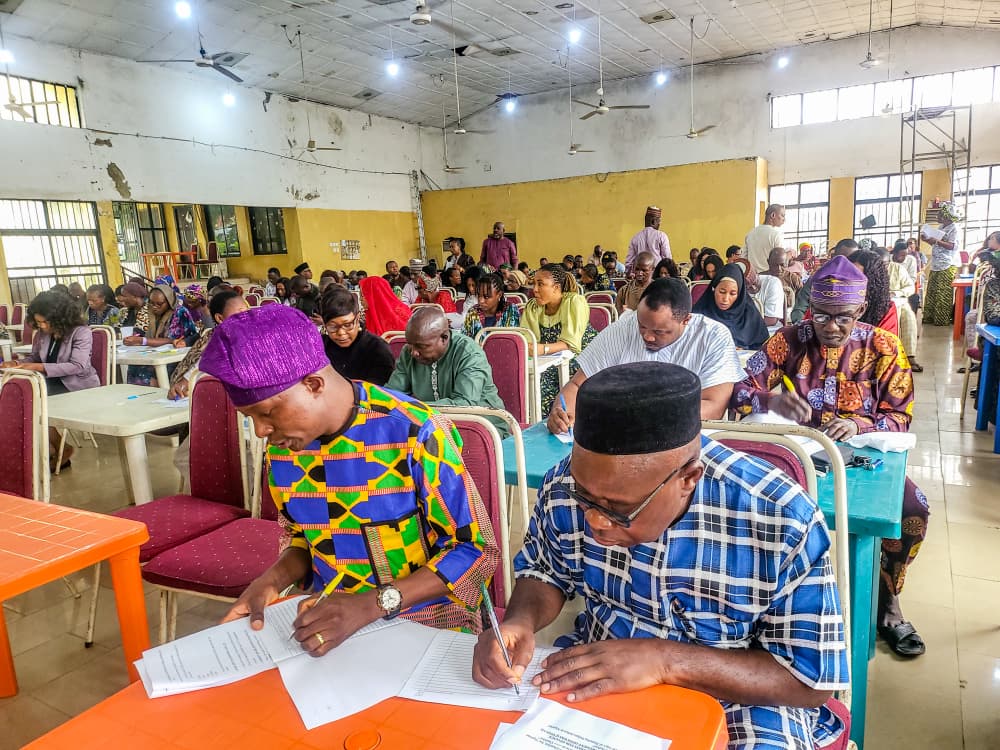It was all pomp and pageantry at the Billiri Township Stadium in Billiri Local Government Area of Gombe State, 28th December, 2013, as indigenes of Tangale ethnic extraction and other cultural enthusiasts thronged the community for the 8th edition of Pissi Tangle (Tangale Cultural Day Celebration).
The Pissi Tangle was uniquely marked considering the calibre of personalities who came from far and near to grace the annual event, which is undoubtedly serving as a unifier to Nigerians of Tangale extraction living in the Diaspora and their kinsmen at home.
The cultural festival, celebrated on the last Saturday of December every year, was marked with the display of various farm produce, indicating that agriculture still remains the mainstay of the Tangale economy, as well as display of ancient cultural artefacts, traditional cuisines, cultural dresses and dances.
The Pissi Tangle had in attendance the Executive Governor of Gombe State, Alhaji Ibrahim Hassan Dankwambo, represented by the Deputy Governor, Hon. Tha’anda Jason Rubaino; the Honourable Commissioner of Culture & Tourism, Hon. Bulus Samuel Adamu; the Mai Tangale, Dr. Abdu Buba Masheru II; the Wazirin Tangale, Amb. Senator Adamu Waziri; the former EFCC Boss, Mrs. Farida Waziri; the Emir of Gombe and Chairman, Gombe State Traditional Council of Chiefs, Alhaji Dr. Shehu Usman Abubakar, represented by Mai Tula; the Emir of Zuru, Maj. Gen. Mohammed Sani Sami (rtd); the Hama Bachama, HRH Honest Irmiya Stephen (Kwile Mana Kpato II); the Emir of Mambilla, Dr. Shehu Audu Baju II; and Chairman of Billiri Local Government, Hon. Iliya Bello Samiya (Kuyan Bananan Tangale), among others.
The Tangale kingd om, otherwise called, Maidom, was a direct product of immigration, conglomeration and fusion of people and communities over time, a process that began as far back as the early 13th century AD; and the architects of this movement traced their origin to the Middle East, via Egypt, the Chad Basin and Ngazargamu, where they separated with their Kanuri kith and kin.
om, otherwise called, Maidom, was a direct product of immigration, conglomeration and fusion of people and communities over time, a process that began as far back as the early 13th century AD; and the architects of this movement traced their origin to the Middle East, via Egypt, the Chad Basin and Ngazargamu, where they separated with their Kanuri kith and kin.
The various components of the Maidom settled in many other areas in the Gongola Basin before regrouping around the present day Tangale hills and the immediate plains, to found the seven clans of Tangale, namely, Tangaltong, Tal, Todi, Kalmai, Banganje, Tanglang and Nathe; and over time and gradual changes, these settlements transformed into what is now the Tangale Kingdom (Maidom).
In 1906, the Tangale traditional society came in contact with the first colonial masters, whose mission was to pacify and subjugate the community in line with the British colonial policy at that time; but due to the privileged information from the Tera people, which passed through Papalu, Laulu, the brother of Maiwana, son of Maisheru, who at the time was in Kwadon when the expedition was heading for Tangale land, marked the beginning of the end of independence of the Tangale Kingdom, a once independent and proud community.
The 8th edition of Pissi Tangle has come and gone; but it has left an indelible mark in the minds of the people because the impact of the cultural festival on the lives of the Tangale people socially, economically, politically cannot be overemphasized.
Thomas Anongu
NICO Gombe State Office


